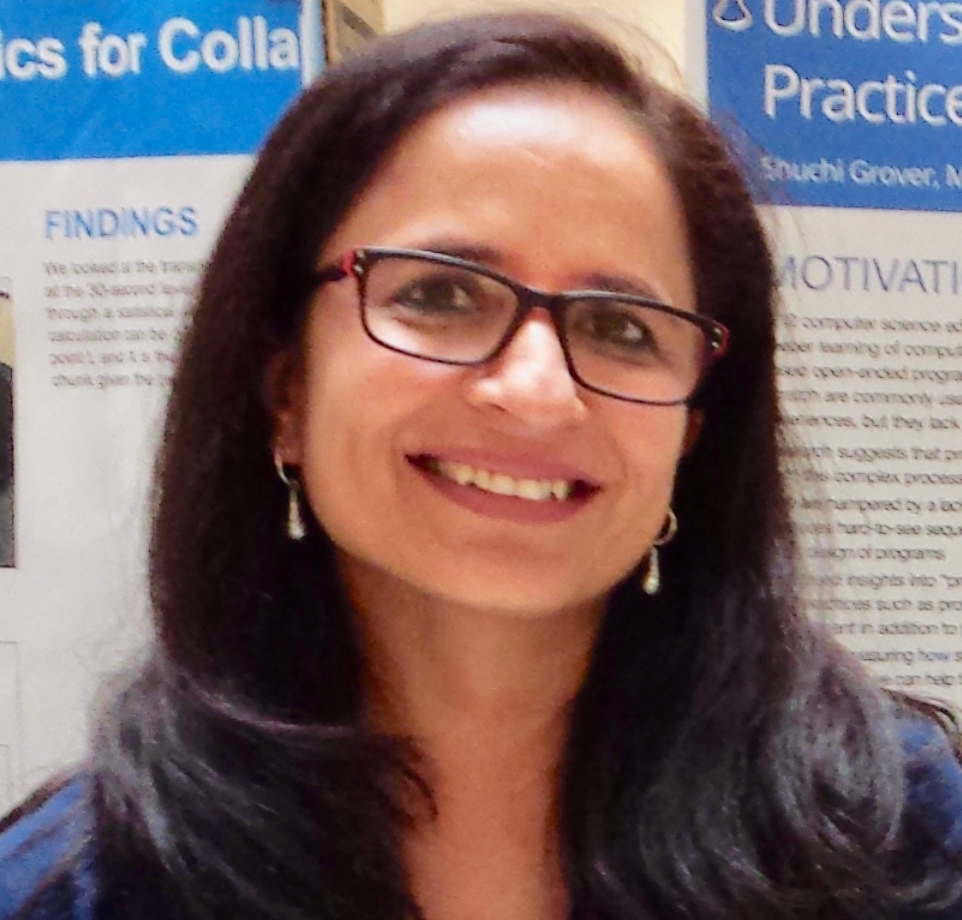Cited By
View all- Sagimbayeva ANiyetbayeva NTassuov B(2024)A model for teaching students to create educational games in supplementary education in computer scienceScientific Herald of Uzhhorod University Series Physics10.54919/physics/55.2024.43lh7(437-445)Online publication date: 25-Feb-2024
- Mladenović MMedak LKrpan D(2024)Teaching the Bubble Sort Algorithm Using CS Unplugged Activities at the K-12 LevelACM Transactions on Computing Education10.1145/370612025:1(1-22)Online publication date: 28-Nov-2024
- Song YTian XRegatti NKatuka GBoyer KIsrael MStephenson BStone JBattestilli LRebelsky SShoop L(2024)Artificial Intelligence Unplugged: Designing Unplugged Activities for a Conversational AI Summer CampProceedings of the 55th ACM Technical Symposium on Computer Science Education V. 110.1145/3626252.3630783(1272-1278)Online publication date: 7-Mar-2024
- Show More Cited By


